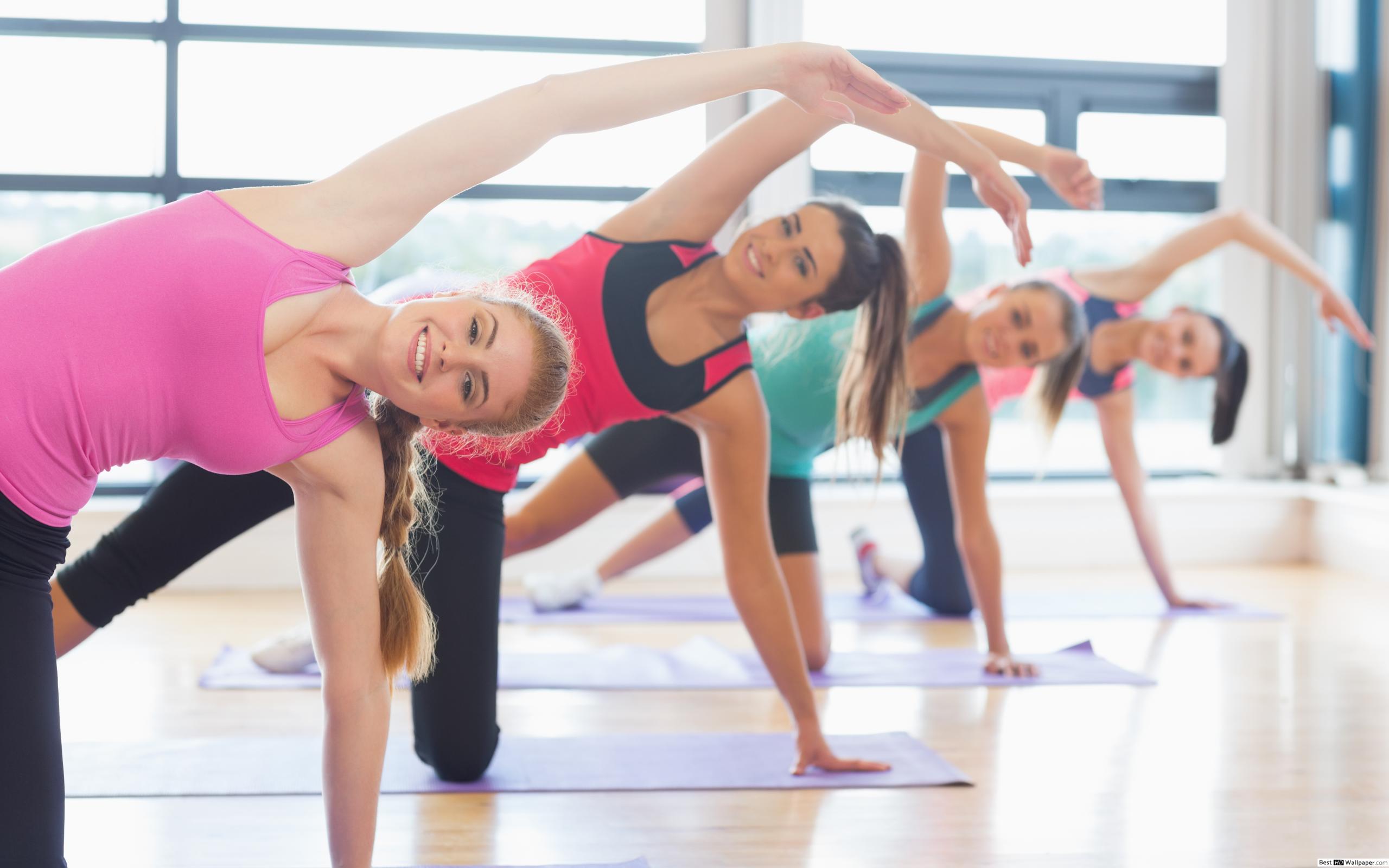Returning to the Gym
Some good news amidst 2020, gyms have reopened! This means that is finally time to get back to the daily grind. Although it’s good to be back, we must remember that it may have been more than several months for some people since last getting in a good workout. The result is that the body will have gone through a long detraining phase in which you feel like you may have lost a lot of muscular strength and endurance. This is a normal process that can happen quite fast, meaning the rate at which you lose progress is much faster than what you gain.
What this means is that when you go back to the gym, returning to bench pressing 50kg or matching your PBs puts you at higher risk of injury as the body adapts slowly to change.
In order to avoid the risk of injury which may set you back further in your goals of training, following these simple steps will help you on your way in achieving your fitness goals:
-begin your session with a warm-up of at least 10 minutes. This might involve some walking on the treadmill, pedaling on the bike, or completing bodyweight variations of the exercises and muscle groups you intend on working on.
-start with high reps and low weights: this may seem too easy at the start, but this is exactly what your body needs to readjust to doing resistance-based exercises.
-when increasing weights/reps/sets, ensure to use the progressive overload principle which is an addition of between 2-10% i.e. increasing your bench press from 20kg to 22kg (10% increase) after a week of consistent training. This is to prevent the body from reacting poorly to increased load.
-cool down: just as important as the warm-up! This helps your body recover more effectively meaning the next time you train, your muscles will perform more optimally.
If you’re returning to the gym and lacking confidence about your form, program, or exercise ideas, call (03) 9749 5110 to book in with one of our highly experienced Physiotherapists who will help you get back moving again.

